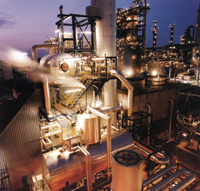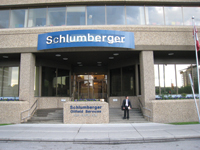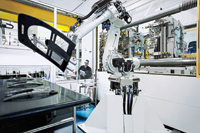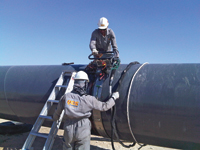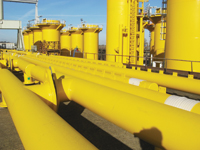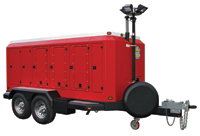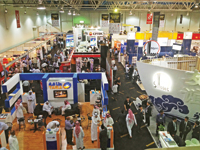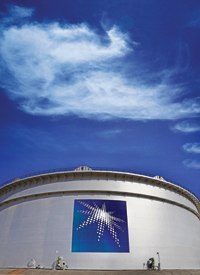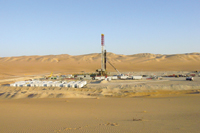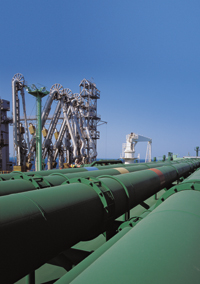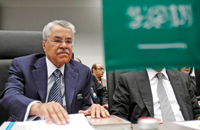
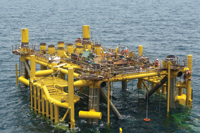 Aramco is likely to raise gas prices
Aramco is likely to raise gas prices
THE state-owned Saudi Aramco in 2013 is expected to raise domestic prices of natural gas, including feedstocks to the petrochemical sector and fuels to the local refineries. These two sectors will be badly affected as the current prices are the lowest in the world. It is not yet clear whether Saudi Aramco will also lower the discount on LPG prices offered to local industries.
The current price of $0.75/mmBtus (million British thermal units) for methane and ethane supplied to the domestic market has been in place for several years. It’s being the lowest in the world has been the most important among the incentives offered by the Saudi government for foreign and local companies to invest in petrochemical JVs and expand their plants.
Being the lowest source of fuel has also been one of the most important incentives offered by the government for international oil companies (IOCs) to invest in huge export refining ventures. All the domestic refineries are owned by Saudi Aramco . The export refining JVs involve Saudi Aramco as a 50 per cent partner.
Thanks to this gas incentive, the Saudi petrochemical sector is the largest of its kind in the Middle East. It has helped the Saudi Arabian Basic Industries Corp (Sabic ) one of the leaders in the world’s petrochemical business. Saudi Aramco itself is the partner of international majors, including Dow Chemical of the US, in huge integrated refining/petrochemical JVs.
Saudi Aramco had wanted to raise the price of natural gas to the domestic market since the 1990s. Under government orders, it has been renewing the price term every few years. The last time the state-owned companies kept the price unchanged was at the end of 2011. It was then decided that the price will have to be reviewed in early 2013.
An increase in the gas feedstock and fuel costs would affect some foreign and local companies more than others. Those firms with diversified feedstock dependence for their petrochemical ventures will be less affected.
The worst sufferers will be “pure-play” petrochemical firms producing ethylene out of ethane and/or fertilisers and methanol out of methane. Such companies include the Yanbu National Petrochemical Co (Yanbu), Saudi International Petrochemical Co (Sipchem) and Saudi Arabia Fertiliser Co (Safco).
Sabic and its Saudi-based partners have already been suffering from lower world petrochemical prices in recent years. So far in 2012 the situation has been worse than in 2011. According to Kuwait-based Global Investment House’s GCC petrochemicals index’s recent report, Saudi and other GCC petrochemical producers in the first nine months of 2012 again felt pressure from lower prices. Global’s head of research Faisal Al Hassan says the GCC petrochemical sector had an increase in profits in the third quarter of 2012 against the previous quarter, but prices remained weak against 2011’s.
Global reported that GCC petrochemical companies’ income in the third quarter increased by 22.7 per cent as the region’s largest listed producers – Sabic, Industries Qatar (IQ) and Safco – had registered a rise in their profits. The report said: “Third quarter performances of various petrochemical companies fared better than previous quarter as prices of various petrochemical products recovered” in the range of 5-10 per cent. The report adds: “The major reason for better performance on a quarter-on-quarter basis was a better demand scenario on petrochemical front and increased off-take of fertiliser products because of [the] sowing season”.











































































